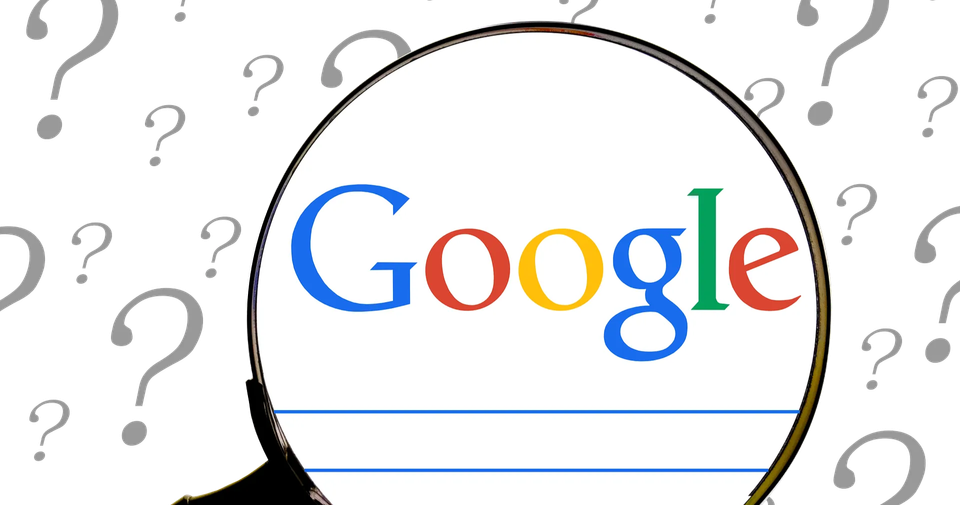
July 5th, 2025
Serving with Purpose: The Role of a Professional Website in Growing and Supporting Volunteer Fire Departments
Volunteer fire departments are pillars of local safety, but without proper online visibility, many community members don’t even know you exist until an emergency occurs. Whether you're raising funds, recruiting new volunteers, or sharing critical information, a well-designed website can become your station’s most powerful communication tool.
Continue Reading >
Continue Reading >
















































